Editorials
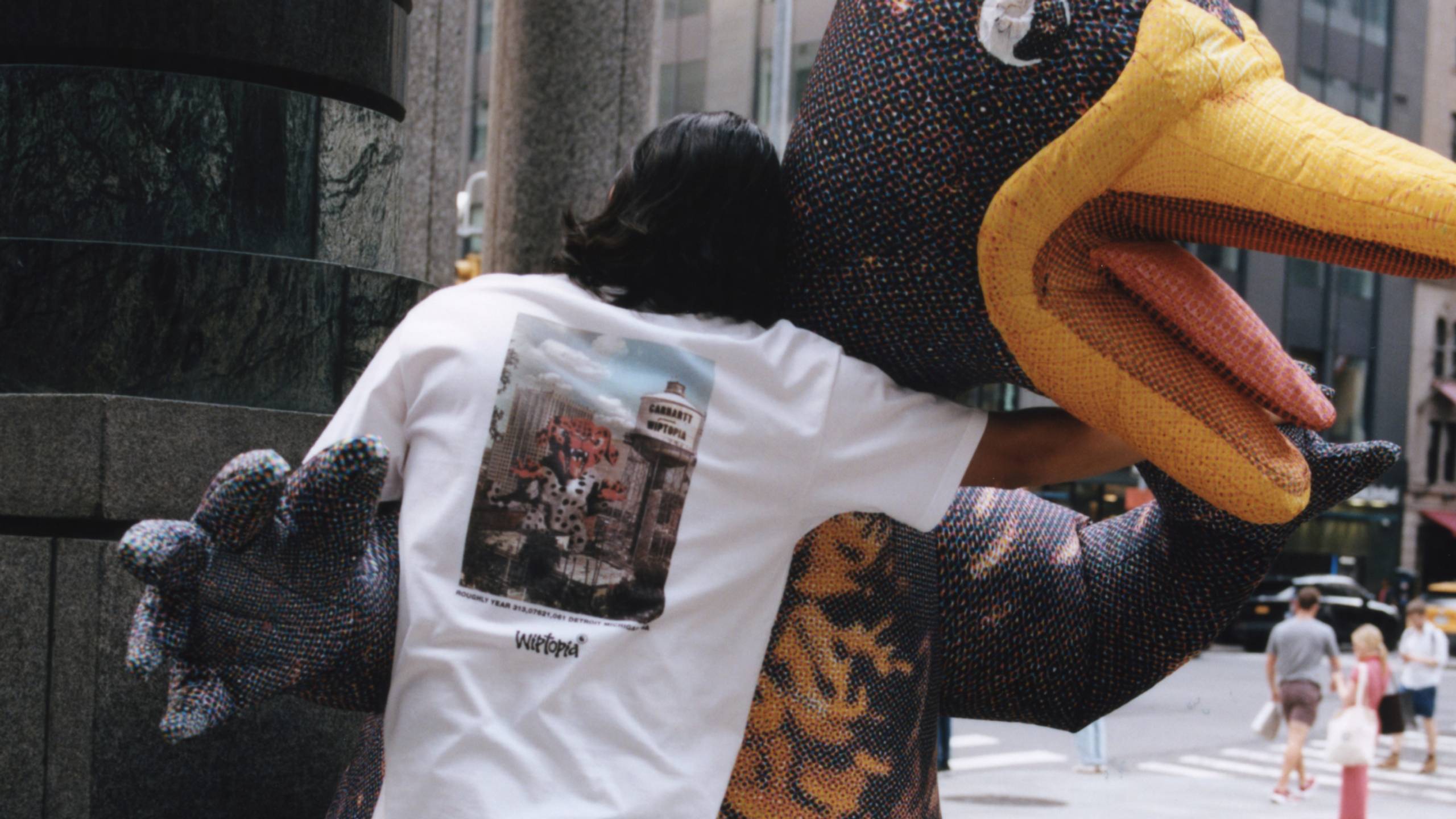

To walk among giants
New monstrous mascots – including a giant duck, a wild dog, and an electric boogeyman – appear across a selection of items for Fall 25. Explore the first delivery in store and online.


A Bridge Between Two Worlds
Photographer Chris Currence situates the Fall/Winter 2025 collection on a New York peninsula, caught between two worlds, as each piece embodies a sense of transition, bridging one season to the next.
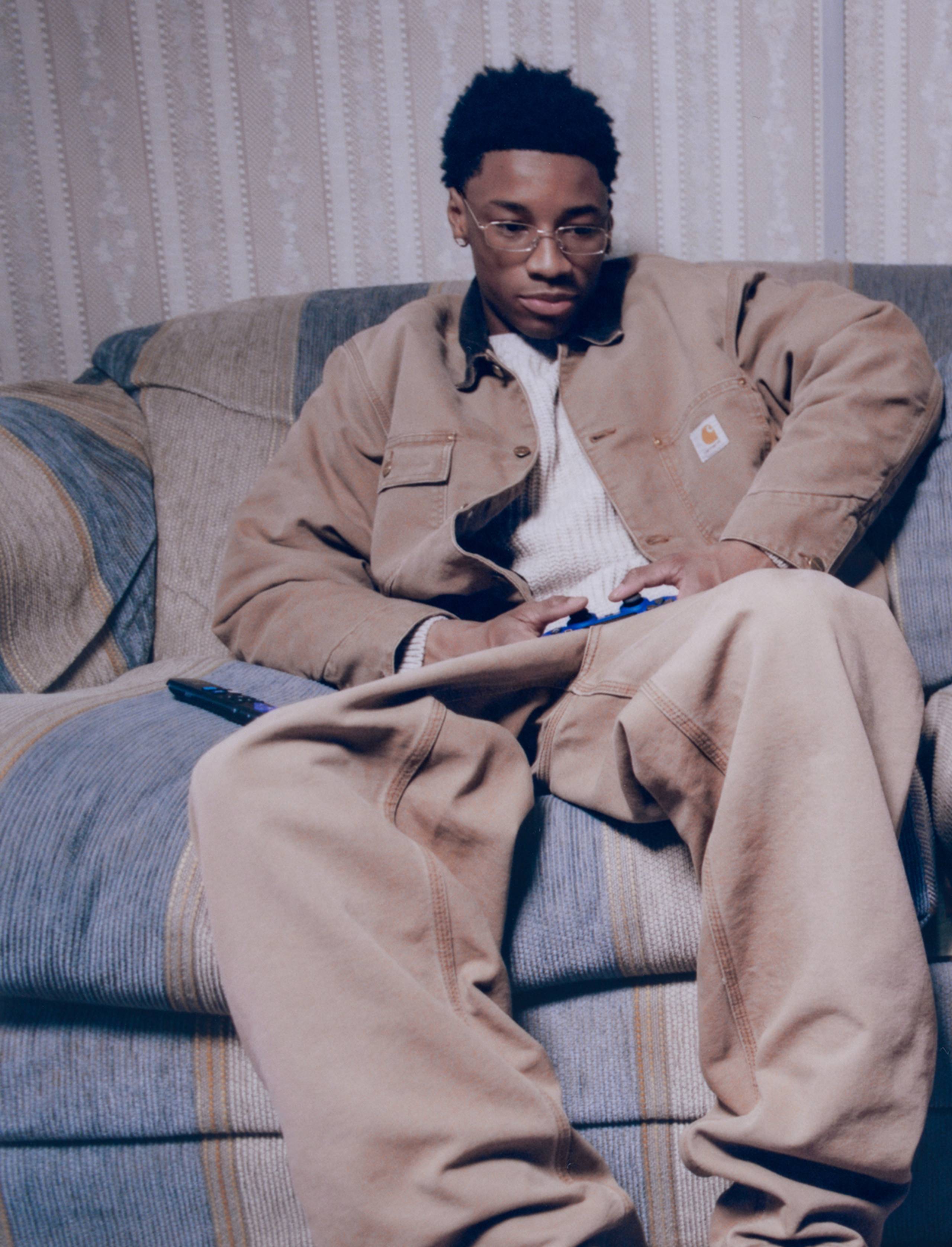

Fall 2025
Our Fall 2025 campaign offers a cinematic shift in perspective, while reaffirming these core tenets. Shot in Atlanta by Daniel Derro Regan, with art direction from Ben Dorado, a series of vignettes and images reflect ideas around labor and living, situated in a city that has become an epicenter of cultural production and influence over the past decade.
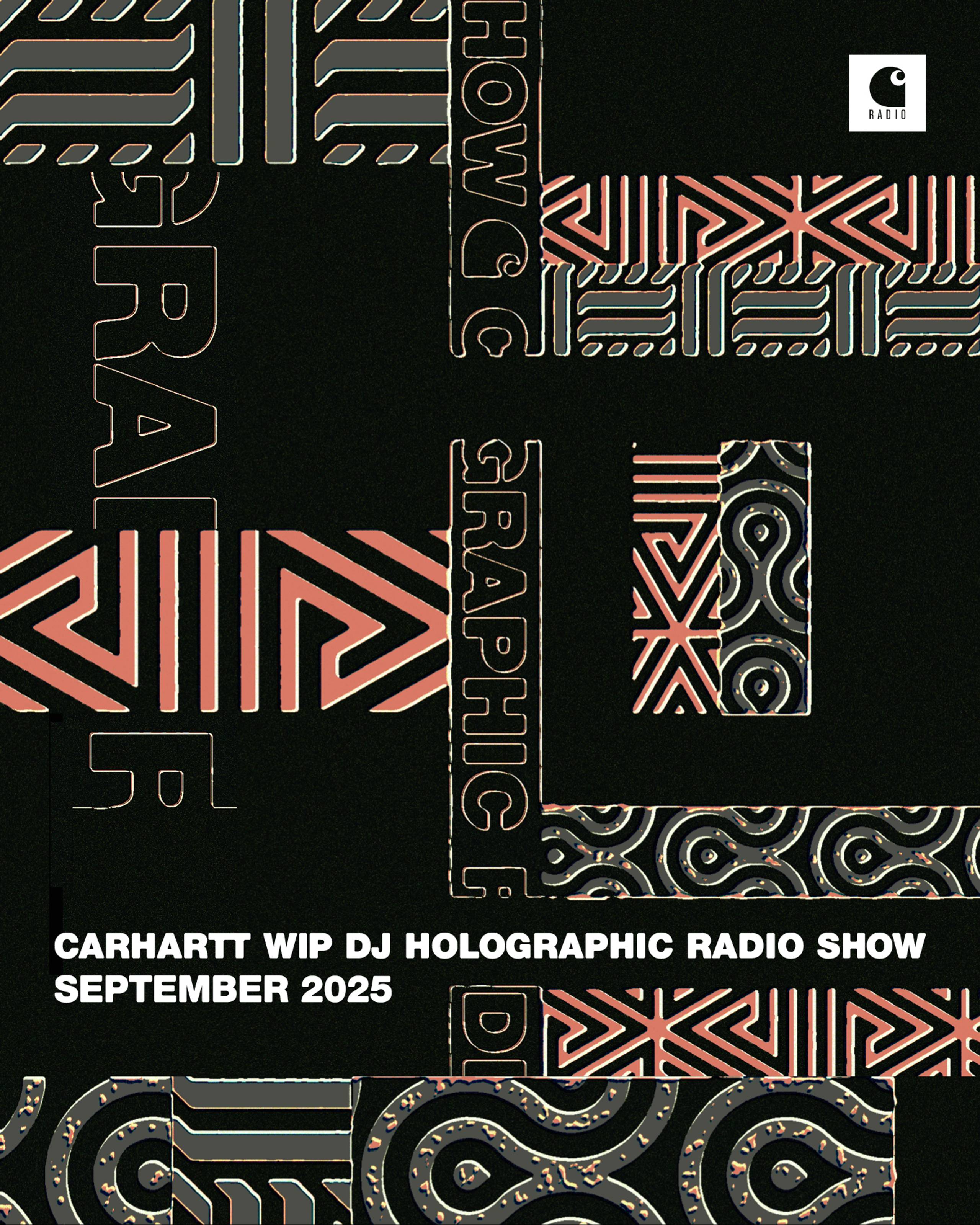

Artist Feature: DJ Holographic
This month’s show features Detroit’s DJ Holographic, whose work combines elements of house, disco and R&B with the musical heritage of her hometown, namely techno and Motown.


Fall/Winter 2025: Icons
You know our Icons as reliable, robust, and versatile – qualities that have endured since day one. You have seen them withstand time and trend, transcending context and cultures.


Artist Feature: Infinity Knives & Brian Ennals
For this month’s episode of Carhartt WIP Radio, the duo created a mix featuring numerous collaborative works, old and new. Alongside it is an interview with Ennals, who talks about being a misanthrope, the role of humor in his lyrics, and what made the new album so “acidic.


WIP Magazine Issue 11
Returning for Spring/Summer 2025, the latest issue of WIP Magazine is built around the idea of tangible culture.


CLIPSE Engineered by Carhartt WIP
Iconic Virginia hip-hop duo CLIPSE have collaborated with Carhartt WIP on an exclusive capsule collection, celebrating the release of their new album – Let God Sort Em Out – and forthcoming global tour.
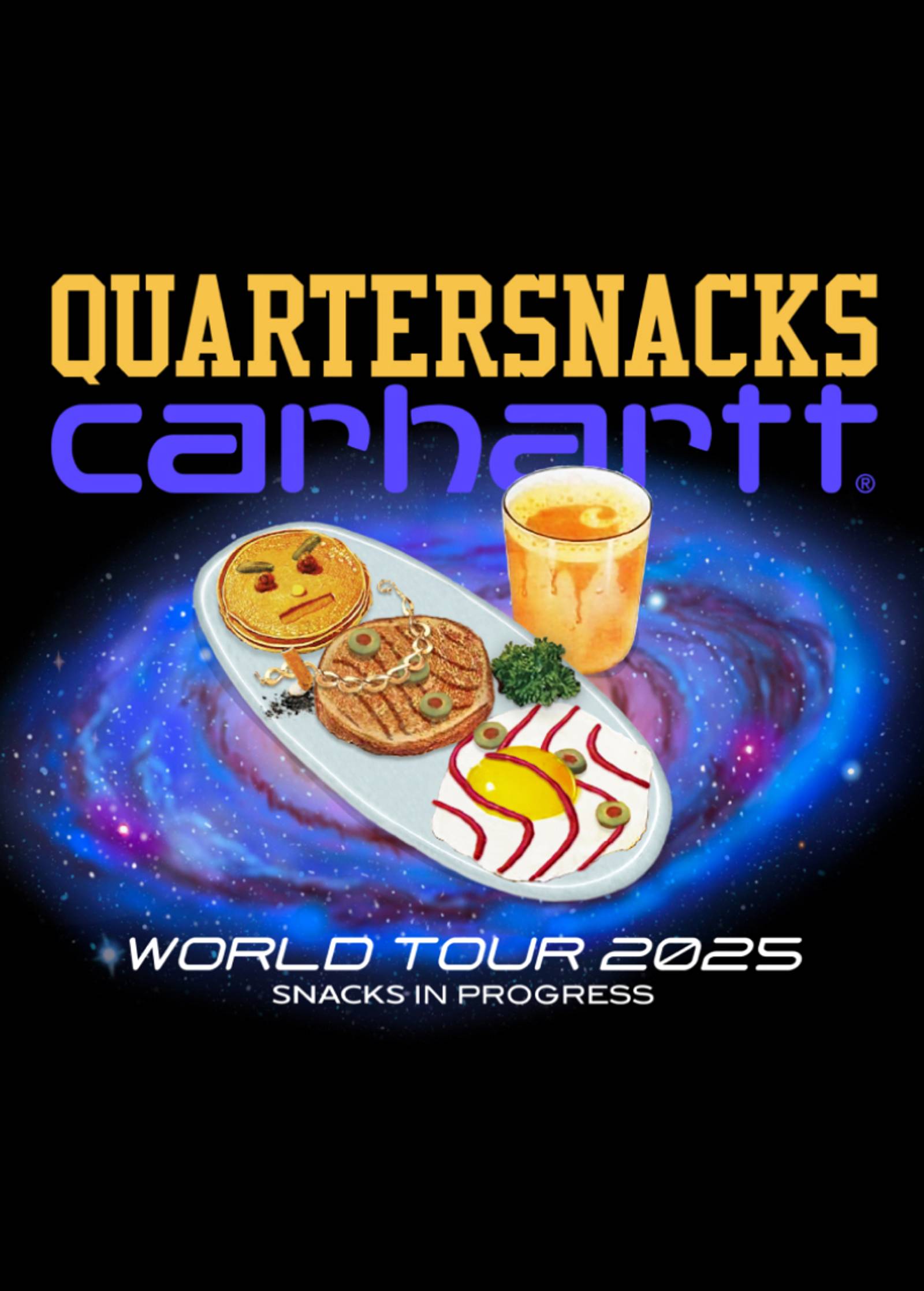

Carhartt WIP x Quartersnacks: ‘Snacks in Progress’
Following on from our 2022 capsule collaboration, we have reunited with New York-based skate media platform Quartersnacks.
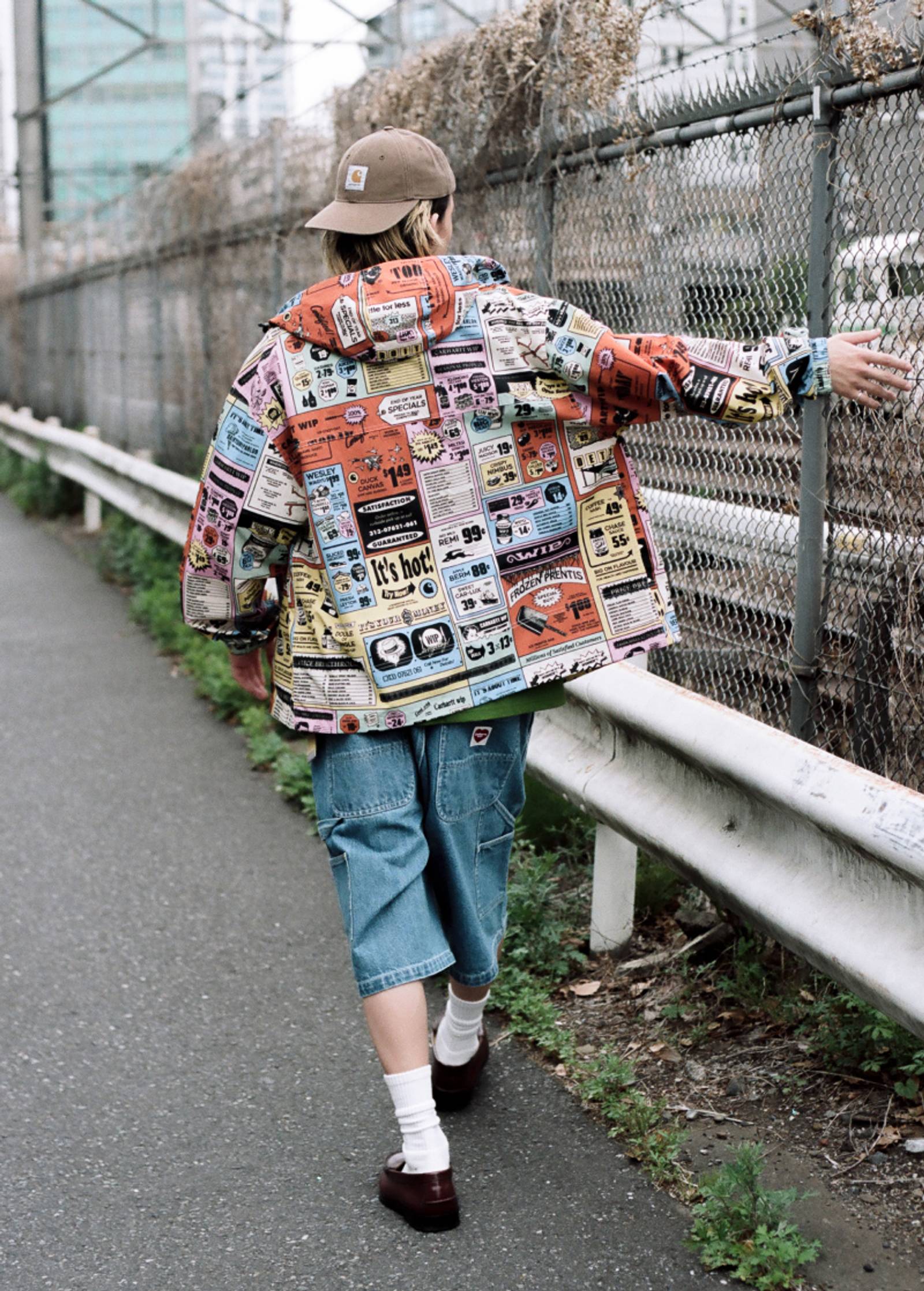

S/S25 Store Exclusives
This season’s Store Exclusives capsule explores key elements from the Spring/Summer 2025 collection.
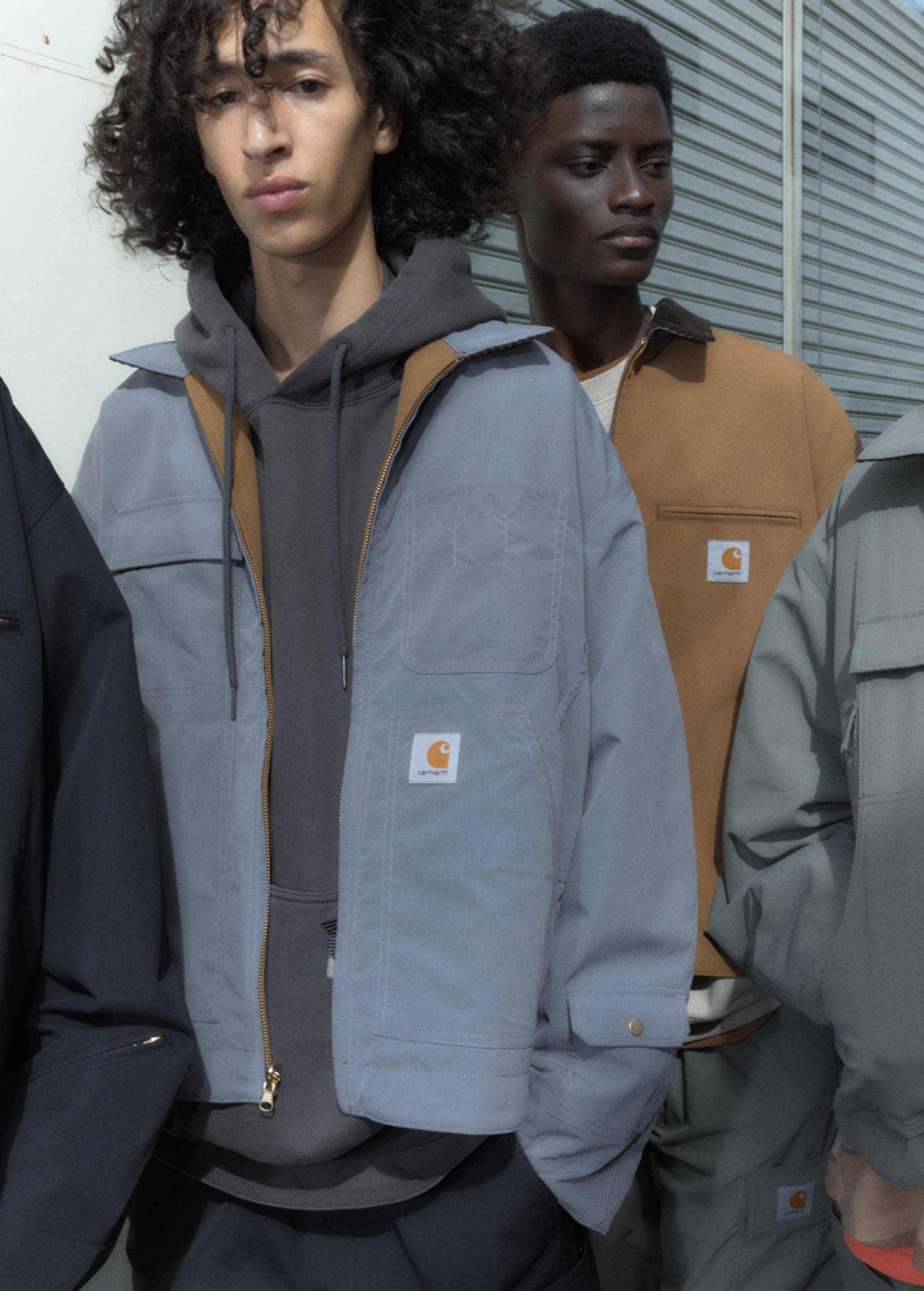

Carhartt WIP x INVINCIBLE® with Shinsuke Nakada: ‘Remake’
For Fall/Winter 2024, Carhartt WIP joins forces once again with the brand and retailer INVINCIBLE®.
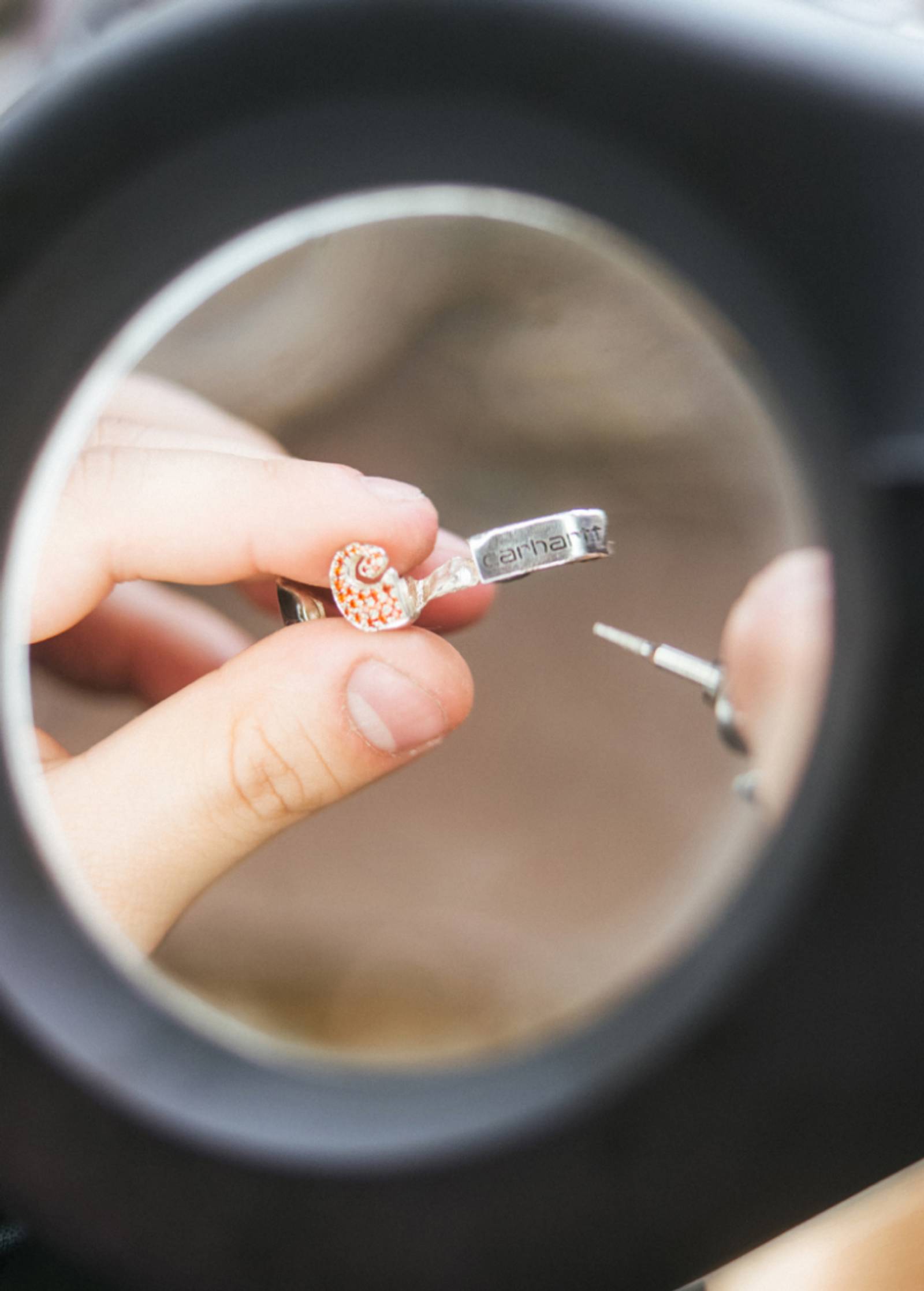

Shiningmaker
WIP magazine travels to Taiwan to visit 27-year-old jewelry designer Eric Wu, who launched his grillz studio Shiningmaker in 2021.
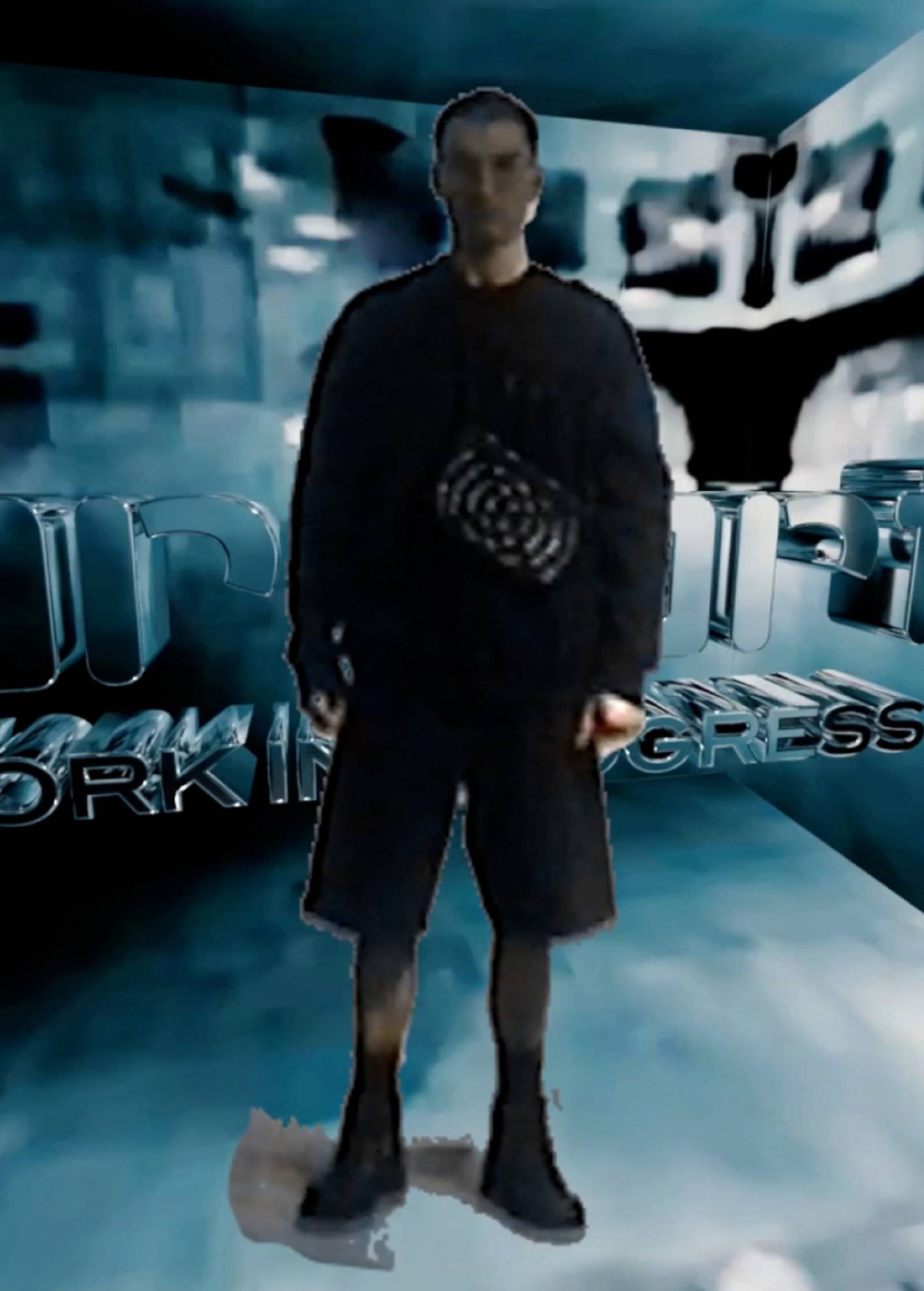

Carhartt WIP x TRESOR: A Techno Alliance
Carhartt WIP – whose music roots can be traced to Detroit, Michigan – joins forces with the Berlin-based club, record label and cultural institution Tresor.
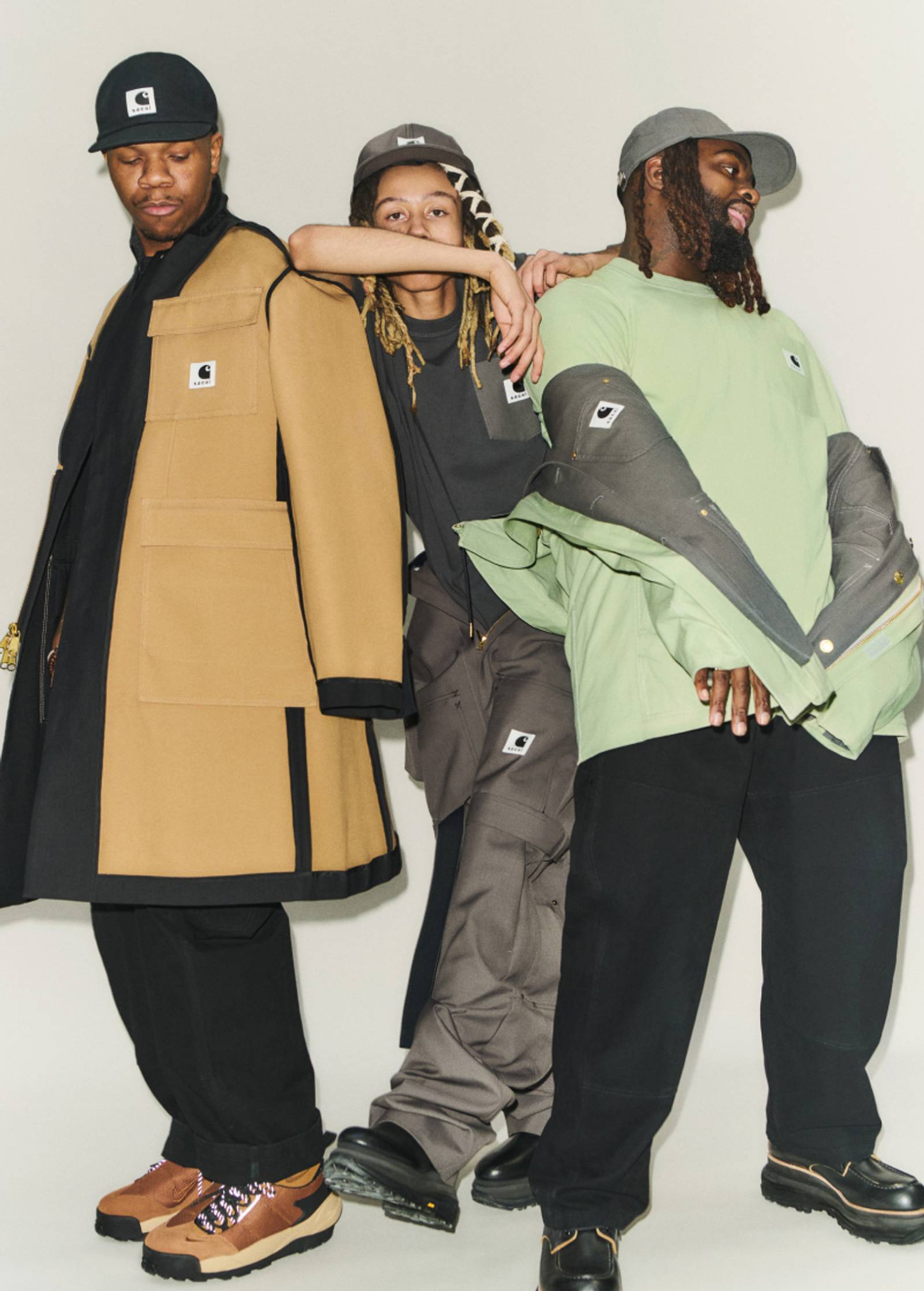

sacai x Carhartt WIP Spring/Summer 2024
For Spring/Summer 2024, sacai has once again collaborated with Carhartt WIP.
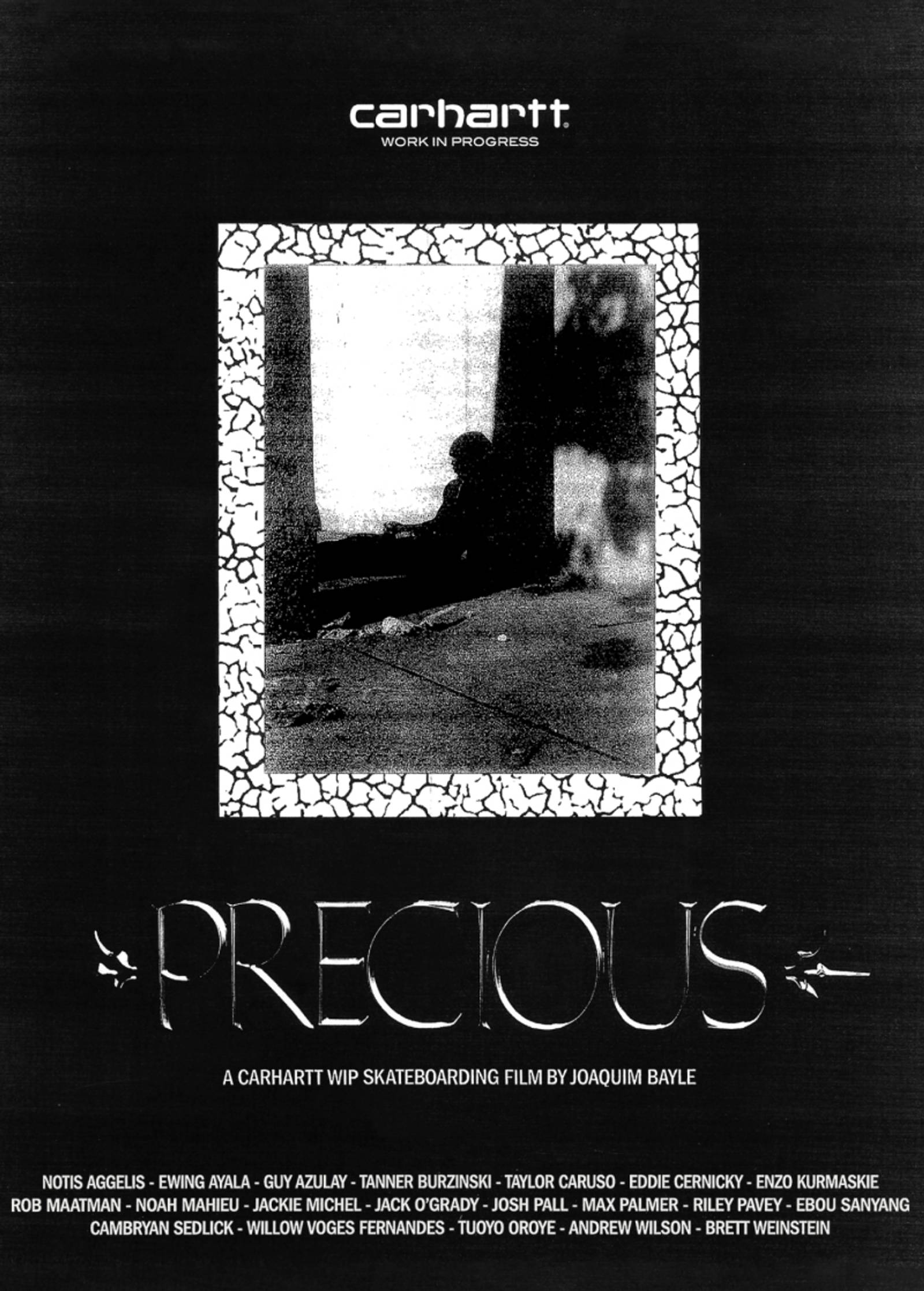

PRECIOUS: a skate film by Joaquim Bayle
Directed by Paris-based filmmaker Joaquim Bayle, PRECIOUS builds on Carhartt WIP’s last full-length skate project INSIDE OUT, which was released in 2022.


Carhartt WIP x New Balance MADE in USA 990v6
A collaborative version of the MADE in USA 990v6 celebrates a shared history of creating iconic originals.
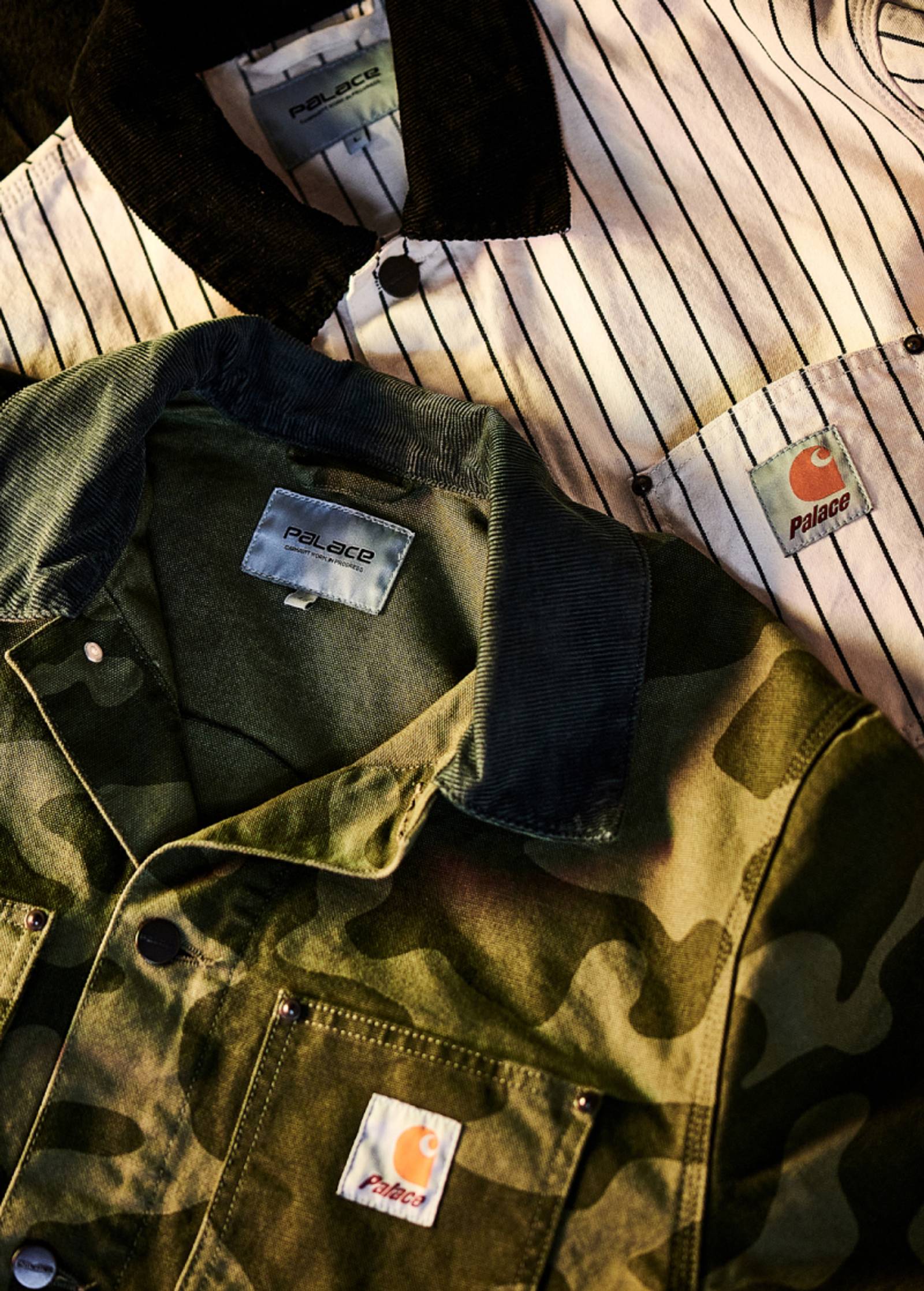

Palace Carhartt WIP
Palace and Carhartt WIP announce their first ever collaboration on a line of heavy-duty work inspired apparel.
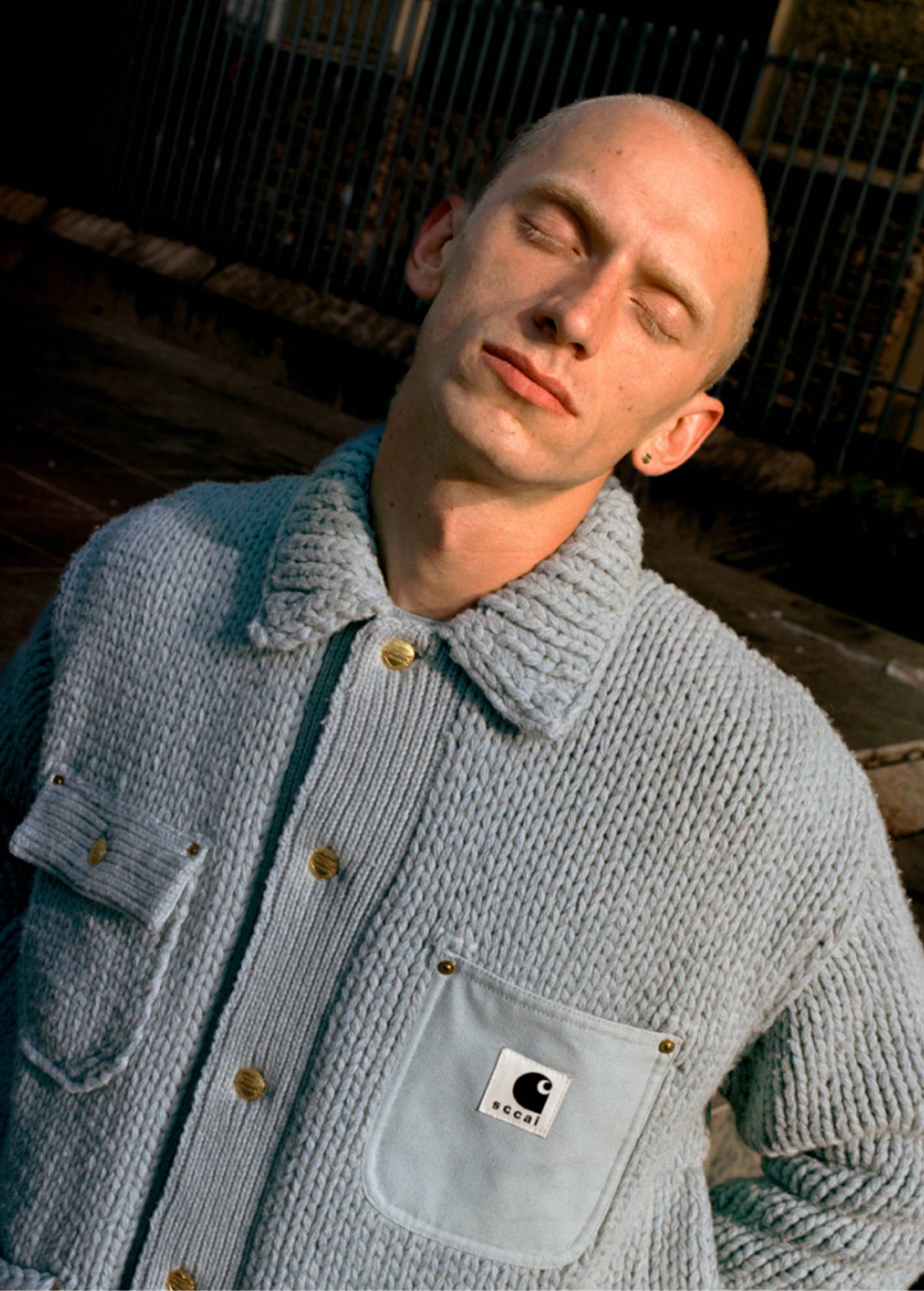

sacai x Carhartt WIP
Seeking to create styles rooted in utilitarian-wear, sacai has worked with Carhartt WIP, creating a series of men’s and women’s silhouettes that combine the brand’s hardwearing, functional styles and fabrics with sacai’s unique design language.
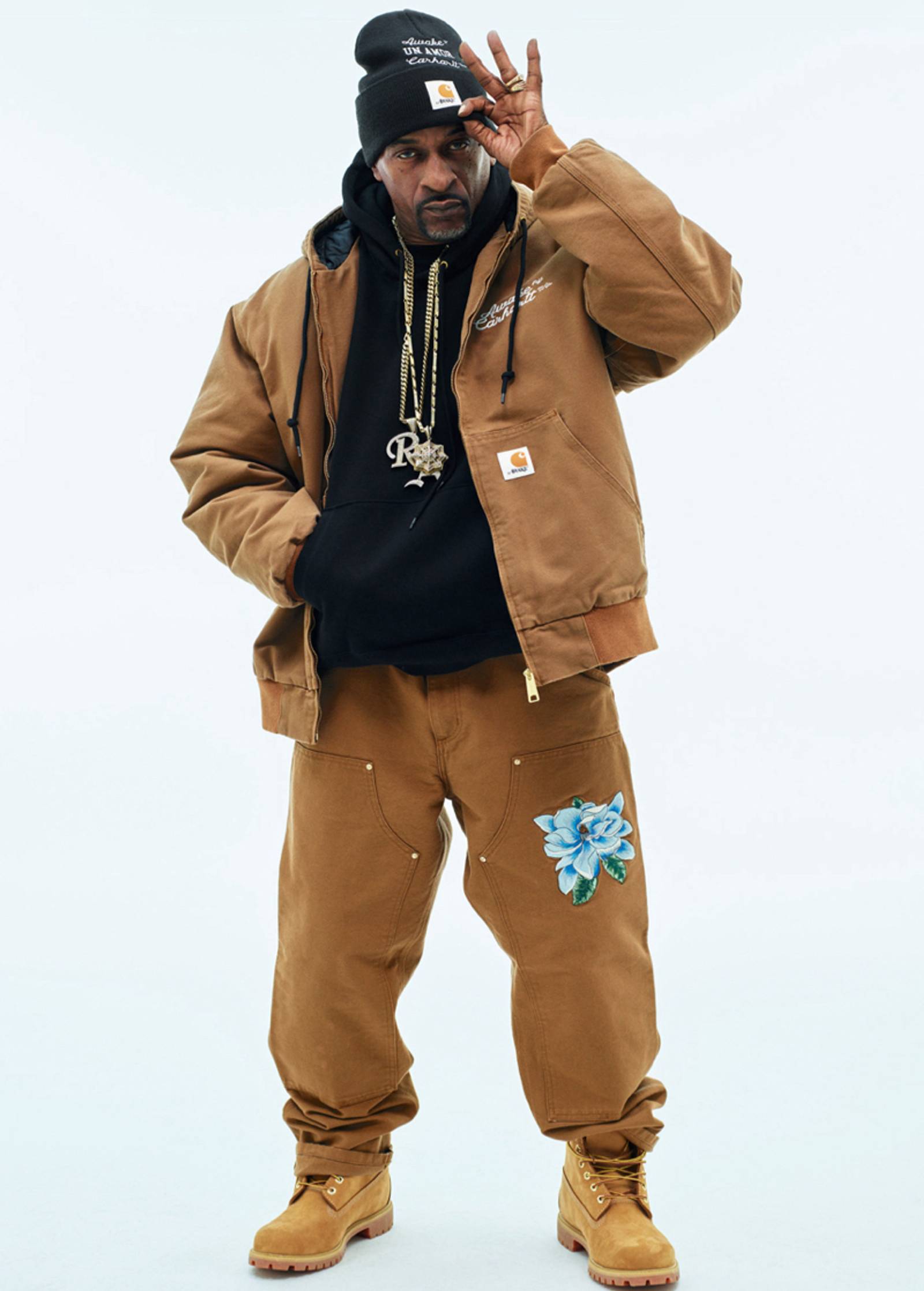

Carhartt WIP x Awake NY
For Spring/Summer 2023, Carhartt WIP has once again collaborated with Awake NY to create an eight-piece capsule collection.
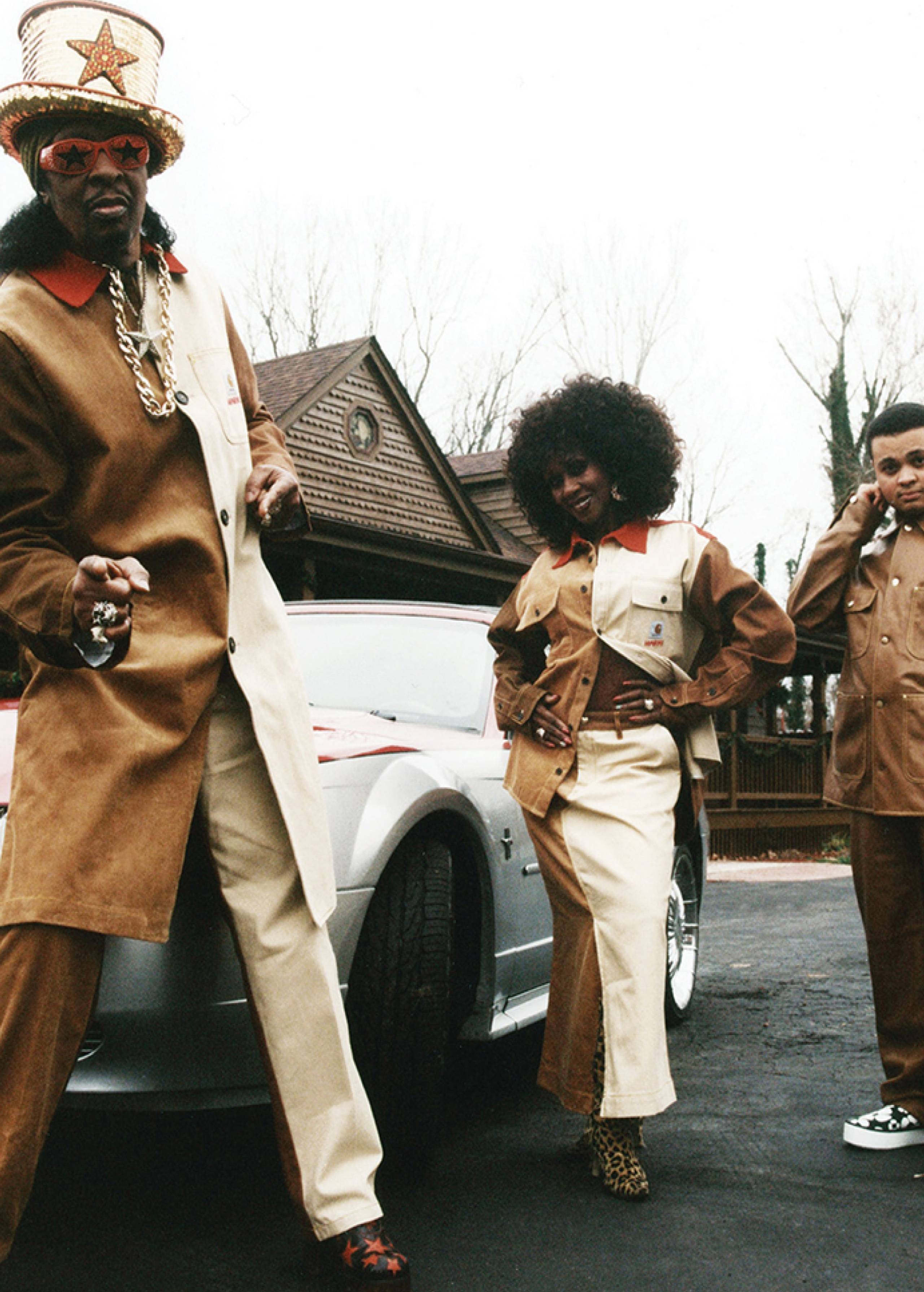

MARNI x Carhartt WIP
The artistic, color-savvy world of MARNI meets Carhartt WIP for the first time, offering an original point of view on contemporary daywear through a wardrobe rooted in utilitarian silhouettes


Timex x Carhartt WIP
For Fall/Winter 2021, Carhartt WIP has collaborated with Timex, continuing an ongoing partnership, based on timeless, utilitarian style.
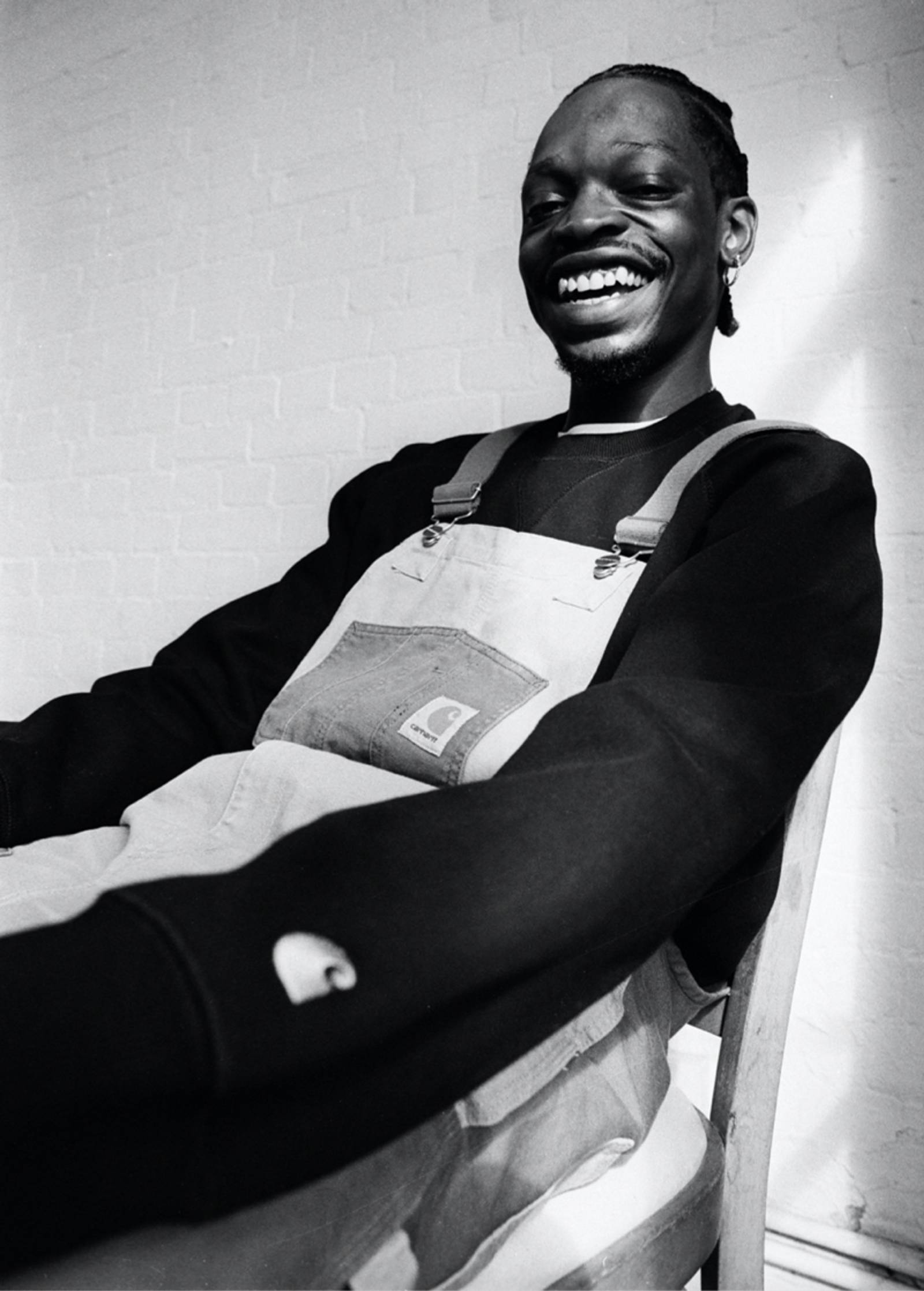

F/W21: Reworked
This week’s product edit features garments that take inspiration from our most iconic styles, while also offering experimental interpretations of them.
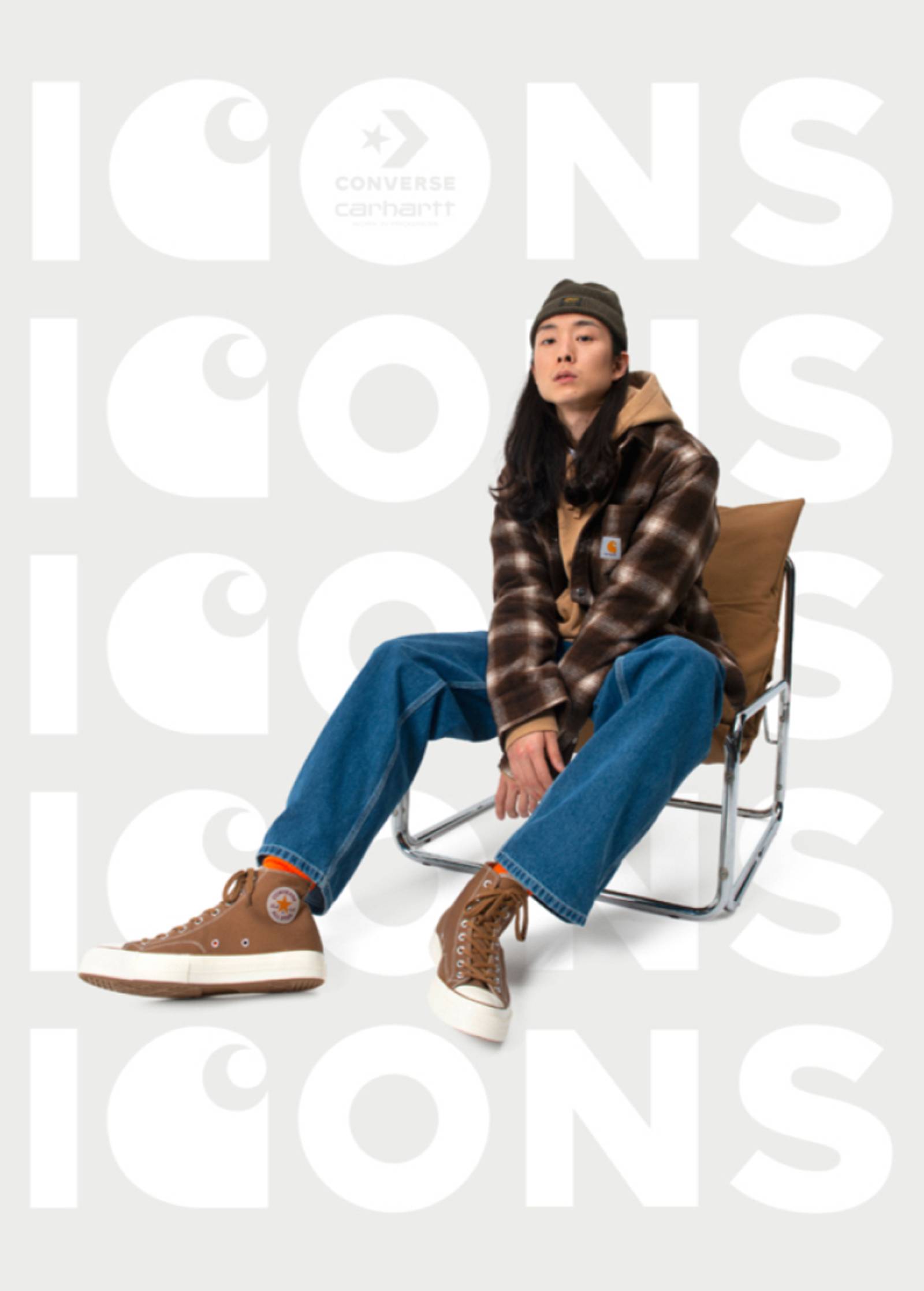

Carhartt WIP x Converse Chuck 70 Hi ICONS
The latest installment of the ongoing partnership between Carhartt WIP and Converse.
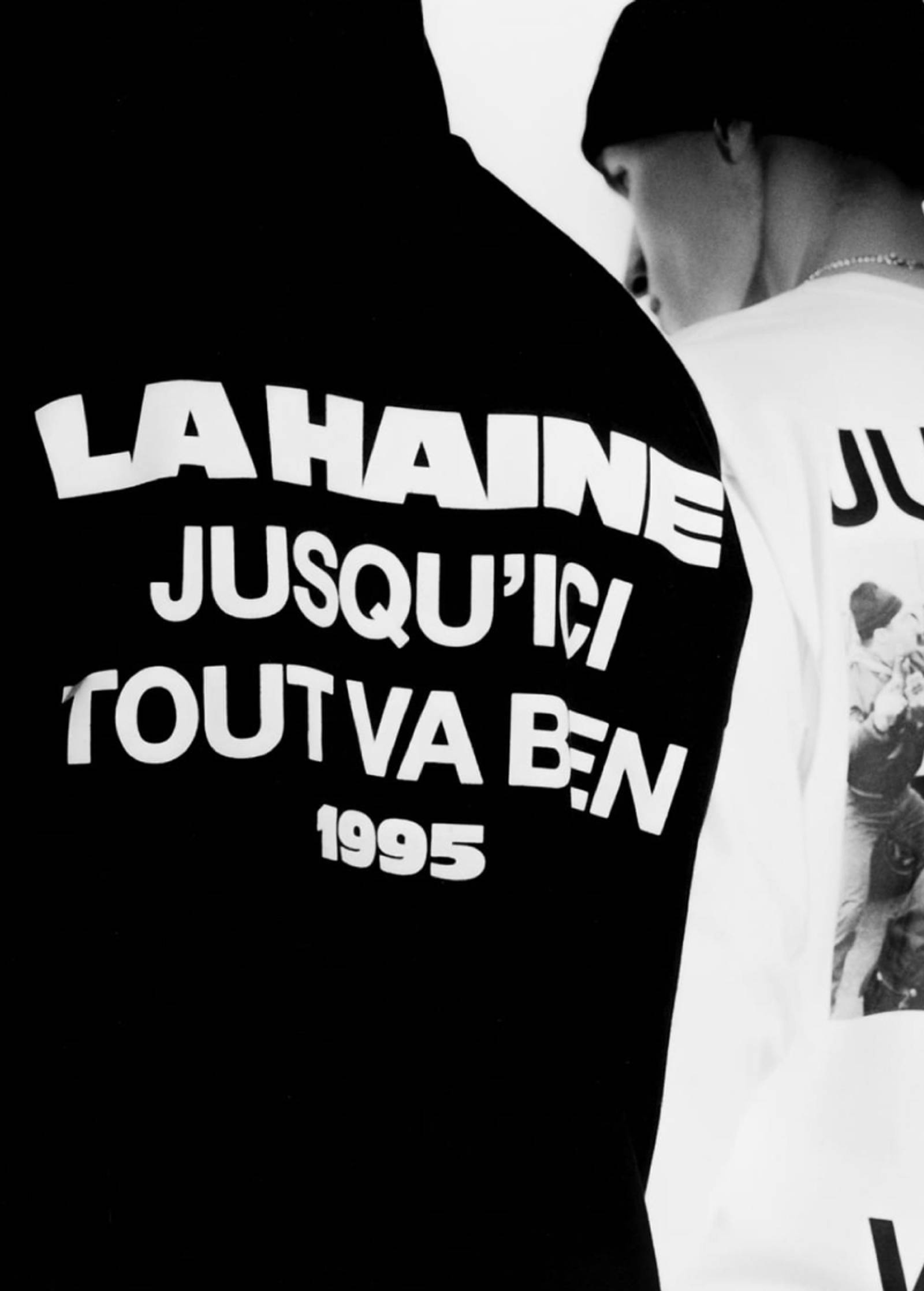

Carhartt WIP for La Haine 25th Anniversary
Carhartt WIP for La Haine 25th Anniversary is now live, available exclusively from both our online shop and select Carhartt WIP stores.
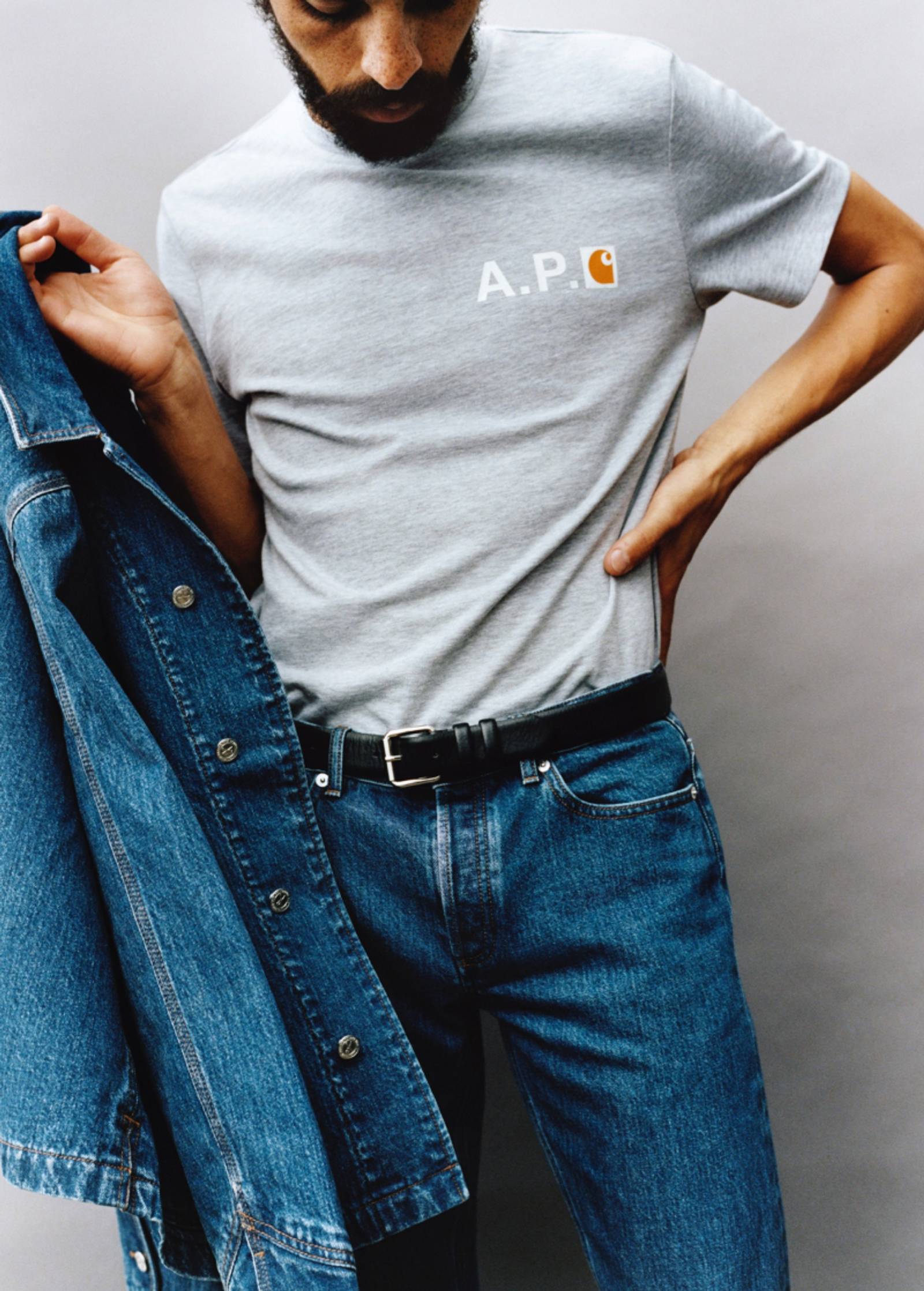

A.P.C. x Carhartt WIP
The collection features iconic Carhartt WIP pieces, which have been reinterpreted by the Paris-based brand and executed in its own fabrics.
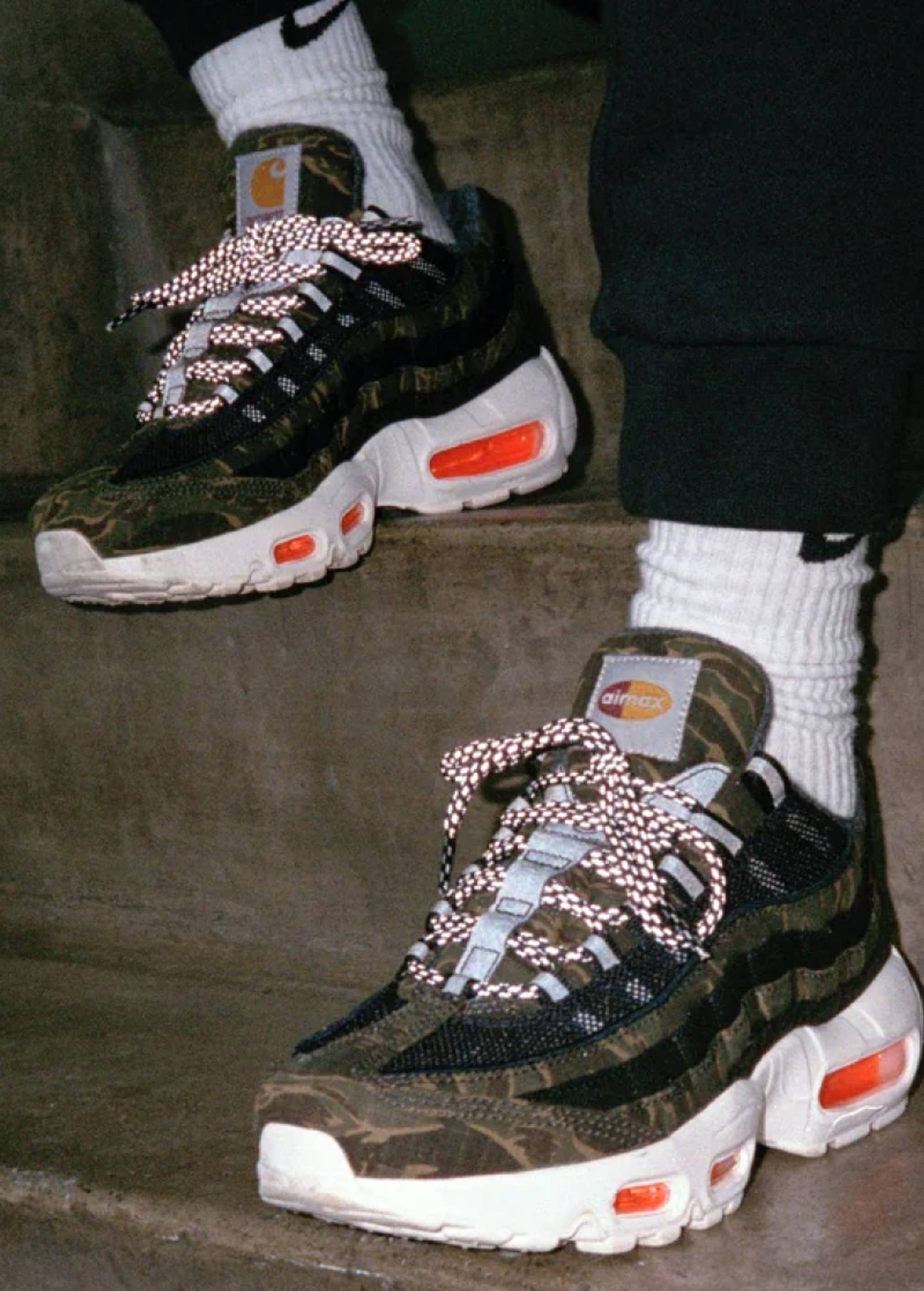

Nike x Carhartt WIP
For the first time, Carhartt WIP and Nike have joined forces, creating a footwear collection that combines the unique aesthetic of both brands.
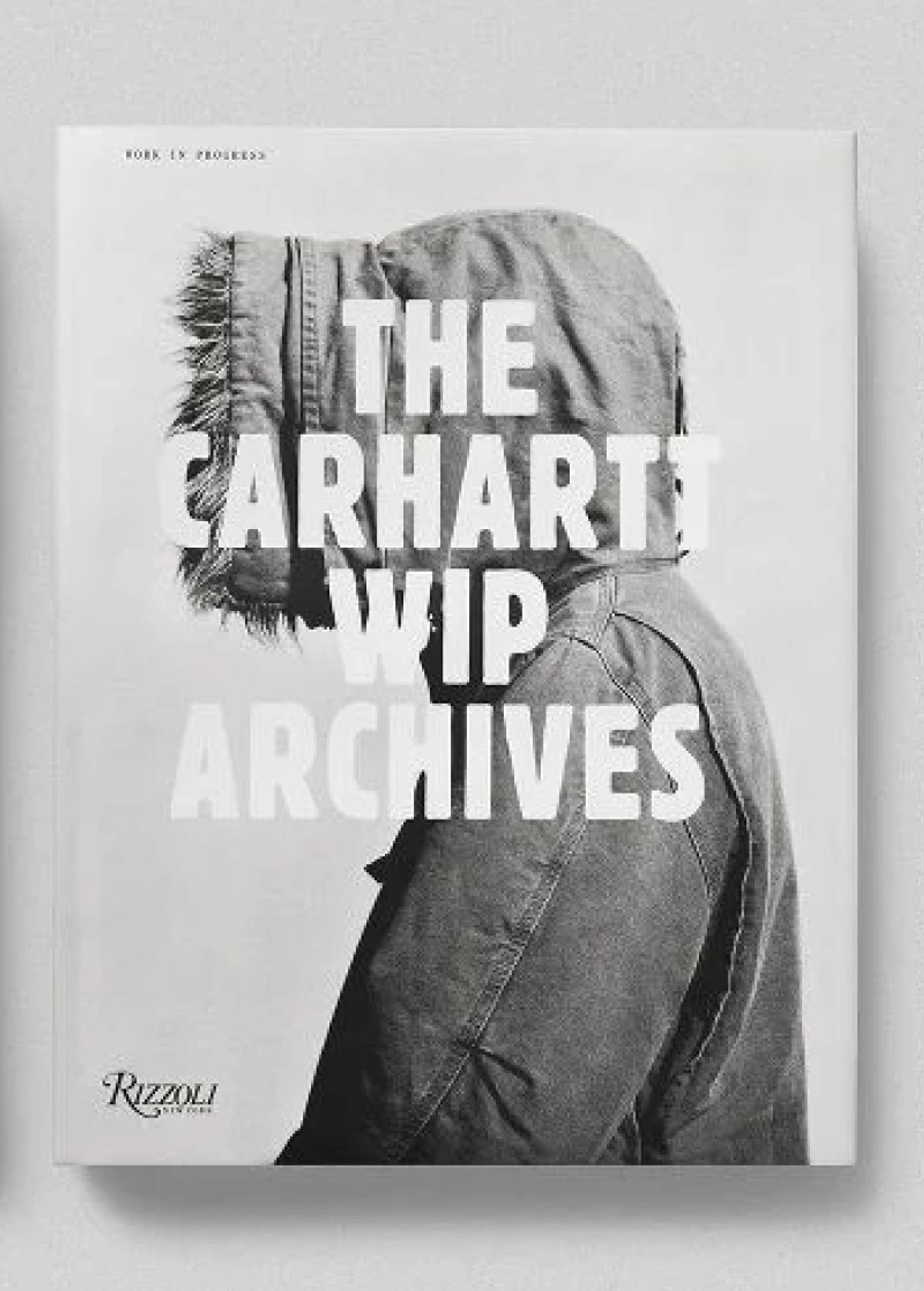

The Carhartt WIP Archives
Back in the eighties, when the Western world was deluged by a wave of blue denim, Carhartt’s brown duck work coats entered the streets as an antidote. Soon after, the American workwear classic would spawn Carhartt WIP.

